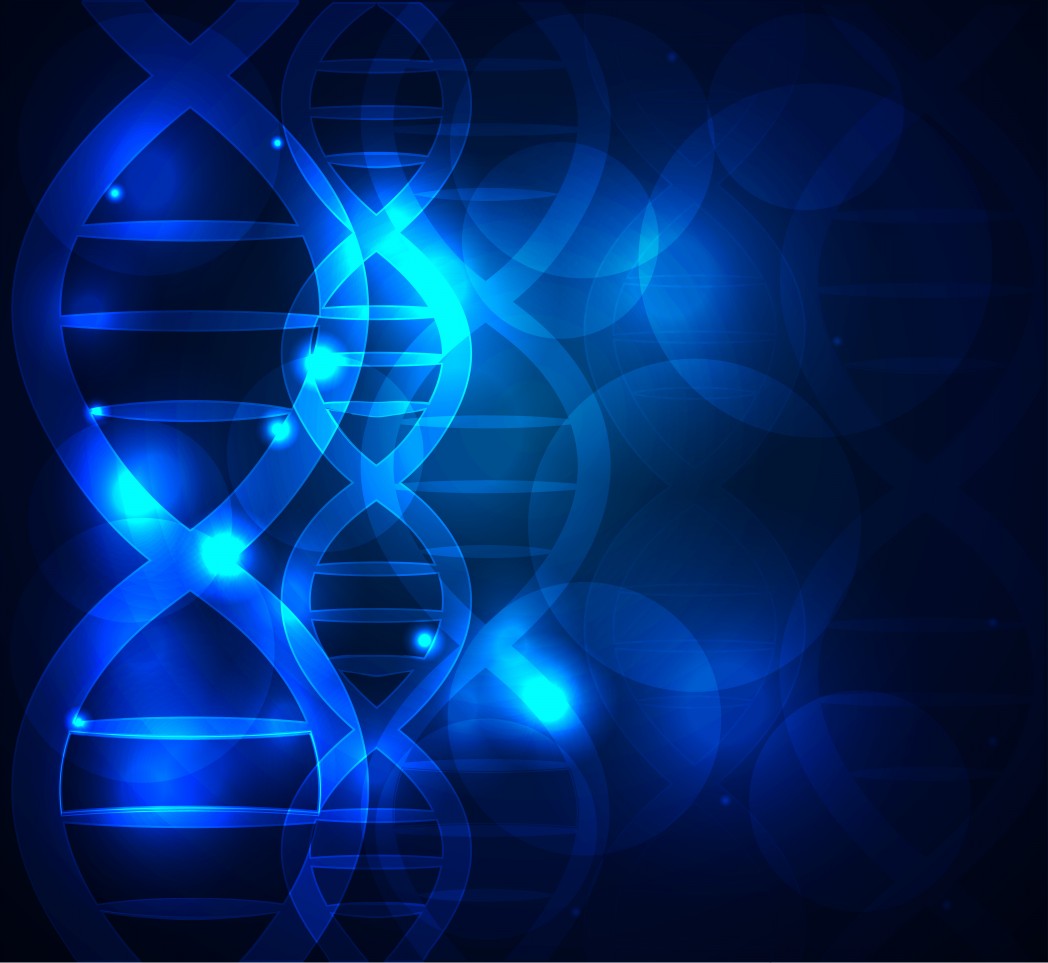Familial ALS Development Traced to Mutations in Newly Identified Gene, NEK-1

German researchers have identified a new gene — called NEK1 — that appears to be responsible for familial amyotrophic lateral sclerosis (ALS). Loss of function mutations in the gene were more common in ALS patients than in healthy controls, according to findings published in the journal Brain.
Familial ALS accounts for 5–10 percent of all ALS cases, but the genetic cause of the disease in these patients varies. More than 20 genes have been suggested to cause ALS. A recent study in sporadic ALS patients reported that loss-of-function NEK1 mutations were also associated with ALS, but this finding was supported only by weak statistical evidence.
Researchers at Ulm University, Germany, decided to examine the presence of these NEK1 mutations in 265 patients with hereditary ALS and 827 controls. The presence of mutations in the known ALS genes — SOD1 and C9orf72 — was excluded. All patients had at least two ALS-affected family members.
The study, “NEK1 mutations in familial amyotrophic lateral sclerosis,“ showed that loss-of function gene variants were present in 0.57 percent of ALS patients, but only in 0.06 percent of control individuals. This translated to three ALS patients and one healthy individual carrying the mutations, which were all point mutations leading to a premature stop in the process of translating the gene to protein, resulting in truncated, non-functional proteins.
The three ALS patients with the mutation did not have other known genes that could explain the presence of ALS. The identification of one unaffected individual shows that having a NEK1 mutation in one of the gene copies does not necessarily lead to disease.
Researchers also analyzed mutations in the form of substituted amino acids. These were present in 1.13 percent of patients and 0.6 percent of controls, but the difference was not supported by statistical evidence.
Findings support the idea that having only one functional copy of the NEK1 gene is a driver of ALS pathology. However, it seems likely that the effects of lacking a gene copy are modified by other genetic or environmental factors and protect against disease development, allowing some carriers to be asymptomatic.
The authors concluded that NEK1 is a new ALS gene, but acknowledge that further replication of these results is needed to strengthen the evidence.






